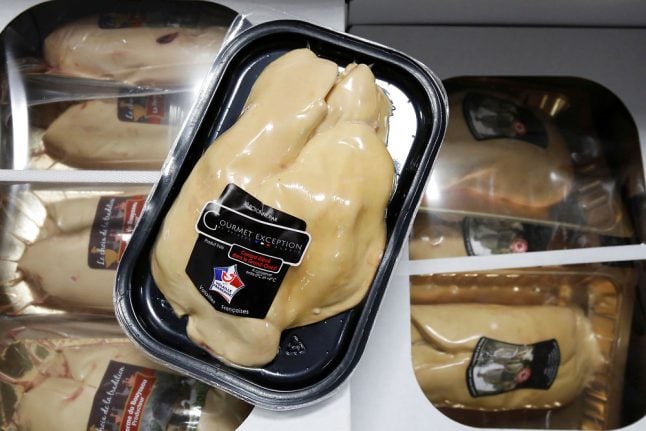"To file an appeal before the World Trade Organization would not be the right solution," Guillaume Garot, junior minister for food and agriculture, told members of the industry during a visit to the south-west Gers region.
"We would risk losing and facing retaliatory measures," he added.
But Garot said the California ban was a wake-up call for the industry, illustrating the strength of lobby groups in the English-speaking world who oppose the product, which is a delicacy in French cuisine.
Animal welfare groups have opposed the production of foie gras because it is made by force-feeding geese and ducks.
"We have to react now, put a stop to this tendency…," said Garot.
"We first of all have to convince our American friends that they have got the wrong end of the stick," he added.
Producers have also expressed fears that the foie gras ban may trigger a chain reaction, newspaper La Depeche reports.
“It is very clear what is at stake: today, foie gras, tomorrow, meat," said Garot. "The lobbyists in California and the United States are extremely powerful.”
Garot is already due to have talks with the US ambassador, and he said he would also take part in an educational event at the European Parliament in Brussels on October 16th.
The government would also look at ways of helping the foie gras industry find new customers in China and Russia, he added.
On July 1st, California introduced a ban on foie gras, a measure welcomed by animal rights campaigners but opposed by sections of the catering industry there.
A Los Angeles restaurant group and others active in the food industry there filed a lawsuit earlier this month arguing that the ban was "unconstitutional, vague and interferes with federal commerce laws".
In France, the foie gras industry directly creates 35,000 jobs, and 90 percent of national production is consumed in the country.



 Please whitelist us to continue reading.
Please whitelist us to continue reading.
Member comments